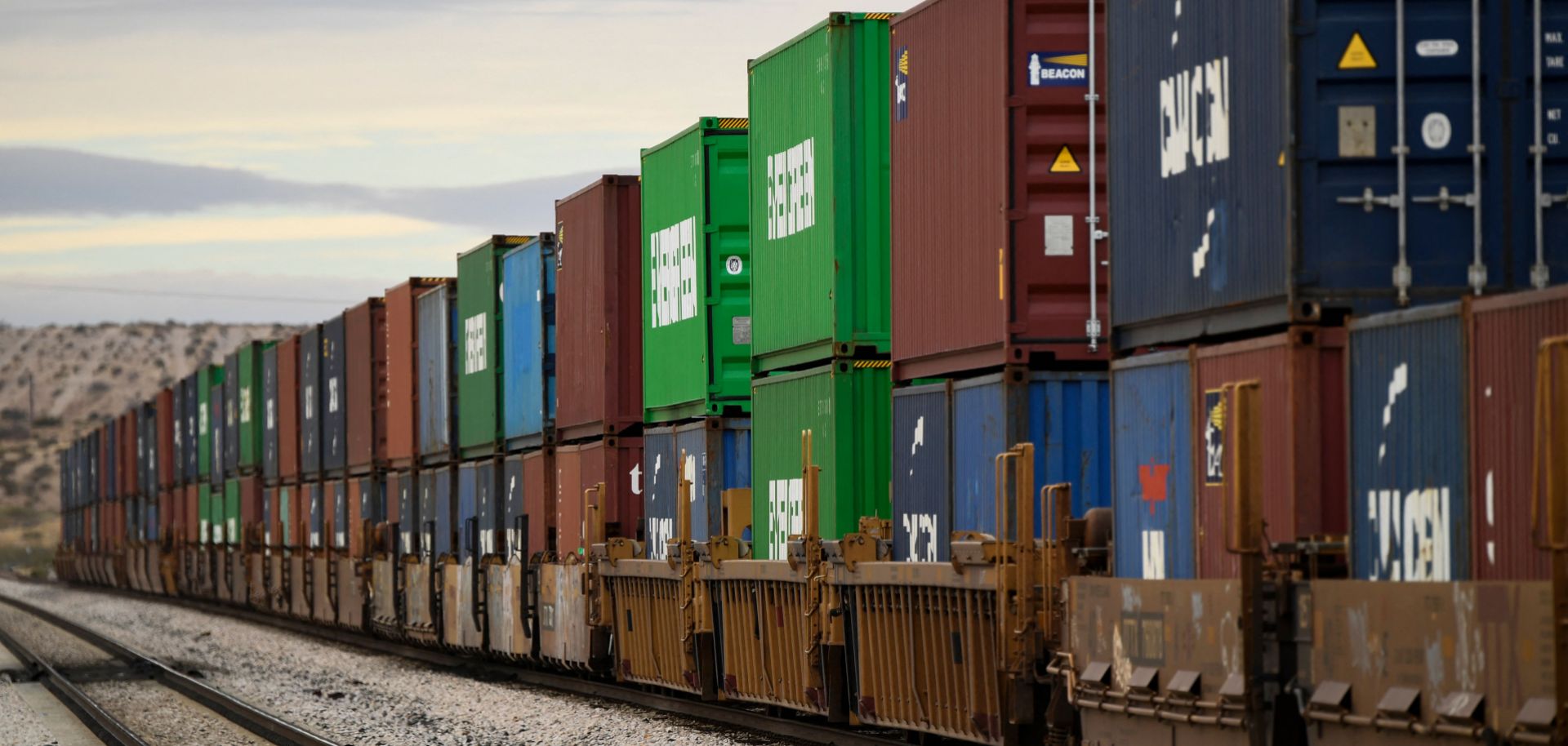If U.S. freight rail workers launch a nationwide strike on Sept. 16, Congress will likely be quick to step in to diffuse the situation. But even if it's short-lived, such a strike could exacerbate inflationary pressures by disrupting shipments of key agricultural and manufacturing materials, as well as harm the prospects of Democratic candidates running in November's midterm elections. A 60-day so-called cooling-off period for negotiations between labor unions and freight rail operators expires on Sept. 16, giving labor unions the right to strike or operators to lock out their workers unless a deal is reached by the deadline. The strike would involve around 125,000 workers from 12 different labor unions. The administration of U.S. President Joe Biden is reportedly considering using emergency powers to ensure the shipment of some essential goods, such as chlorine necessary for drinking water purification, is not disrupted. As of Sept. 13, 10 of the...

